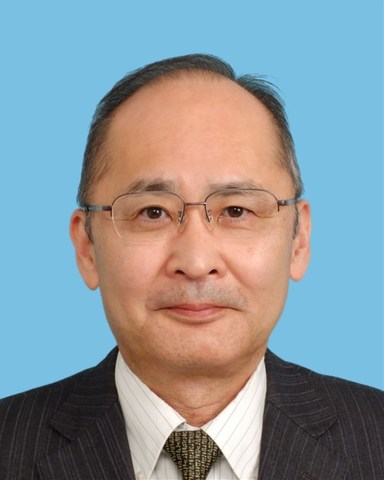Head of the Department: Toshimi Sairenchi, PhD

Head of the Department: Toshimi Sairenchi, PhD

The Department of Medical Science of Nursing primarily focuses on the basic medical sciences for nursing education. The Basic Medical Sciences Courses are theoretical and applied courses in health sciences, in the first or third year. These nursing courses help students relate knowledge to biostatistics, public health policy, and epidemiology. Thus, these courses aim to increase nursing students' academic success and are essential in exploring evidence in nursing care after graduation.
The Department also offers a graduate program in policy epidemiology and public health.
Education
School of Nursing:
| 1st year | Advanced Academic Skills
Statistics Public Health |
|---|---|
| 3rd year | Epidemiology and Biostatistics |
This department investigates epidemiology for non-communicable diseases (NCDs) and health policy. Prof. Sairenchi has been supporting the Ibaraki Prefectural Health Study, which the Ibaraki Prefectural Office is conducting.
Professor Toshimi Sairenchi, PhD
Prof. Sairenchi is a Certified Senior Epidemiologist according to the Japan Epidemiological Association. He has supported many researchers in statistical analysis in many fields, especially the graduate school of nursing.
Medical Science of Nursing,
Dokkyo Medical University School of Nursing
Kitakobayashi 880, Mibu, Shimotsuga, Tochigi, 321-0293 Japan